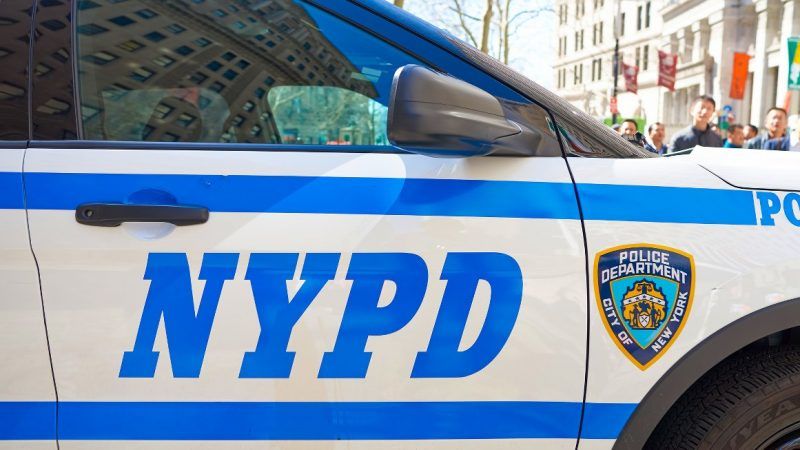NYPD Will Spend Nearly $400 Million to Hide its Radio Communications
NYPD radio frequencies have been open to the public since 1932. A new encrypted system will end that.

The New York Police Department (NYPD) will spend nearly $400 million to upgrade its radio system, including encrypting its communications channels, which the public has been able to tune into since 1932.
At a New York City Council meeting Monday, NYPD Chief of Information Technology Ruben Beltran said the upgrade, expected to cost $390 million, will be completed by the end of next year, replacing the old analog radio network with a fully encrypted digital system.
The move is part of a growing trend. Over the last decade, other large police departments in Chicago, Baltimore, Washington, D.C., and Portland have all encrypted their radio communications or are planning to do so. Departments say broadcasting in the clear gives criminals advance warning. Beltran said encryption would also protect the information of crime victims and block pranksters who jam up NYPD frequencies. (The NYPD regularly leaks information on arrestees and even victims for political purposes.)
However, scanner enthusiasts, news organizations, and elected officials complain that encrypted radio is cutting off a longstanding and useful source of information on police activity. As Gothamist reported, NYPD radio chatter has been the source of several major news stories over the years:
The New York Daily News obtained the crucial video of Officer Daniel Pantaleo killing Eric Garner thanks to a call that came over the police radio in Staten Island. As tens of thousands of peaceful demonstrators flooded the streets in June 2020, Gothamist recorded NYPD officers on radio airwaves using threatening language about the protesters, including saying that officers should run protesters over and shoot them. Responding, one officer was recorded saying "don't put that over air."
Police frequencies going dark is especially challenging for photojournalists, who rely on scanners to get to emergency scenes as fast as possible. The Chicago Police Department is considering a 30-minute public broadcast delay to allow news organizations to still hear dispatch calls.
Responding to concerns from council members, Beltran wouldn't commit to similar policies, but he alleged that the NYPD "is the most transparent police force in the country," a statement so removed from reality that it can only be considered comedy.
The NYPD is notorious for flouting the state's Freedom of Information Law (FOIL). Every reporter in New York City knows that filing a records request to the NYPD is a complete waste of time unless you're willing to file a lawsuit, too.
Speaking of which, the Surveillance Technology Oversight Project (STOP), a New York watchdog group, filed a lawsuit in March alleging that the NYPD unlawfully refuses to respond to FOIL requests. The suit cited delays in 42,000 public records requests filed over the past four years to the NYPD. For example, I've been waiting since June 2020 for disciplinary records on the officers who fatally shot Amadou Diallo in 1999.
"The idea that we're going to turn this sort of vital information into something that's only accessible to the public at the whims of police is just truly chilling," Albert Fox Cahn, the executive director of the STOP, said of radio encryption to The New York Times.
In unrelated news, the New York City public library system is cutting Sunday service as a result of budget cuts.


Show Comments (20)